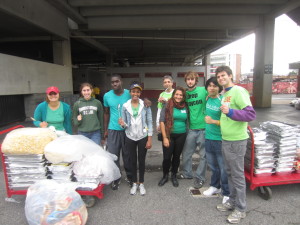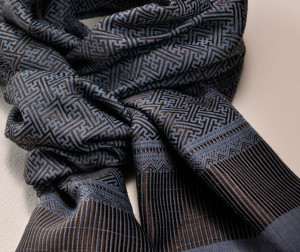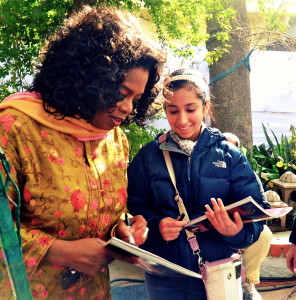So, I know this person . . .
Last year I had the wonderful opportunity of being involved in Grove City College’s Children’s Theatre production of Seussical. The show was a blast, and I met some fantastic people; one of whom was Hannah List. Anyways, to get to the point, one day after the end of the school year–around graduation and May intersession–I saw Hannah sewing something as she was sitting on a bench with a friend, just outside of Beans on Broad. I asked her what she was working on and so she showed me: it was a neat, vintage, hand-made bowtie, and with that she shared a story . . .
Micah List
She told me she was making it for her brother’s business. Micah, her brother, had spent the fall semester of his junior year in Bangkok, Thailand. Near the end of his time there, Micah went out with some friends for a fun night of Karaoke at a local bar. When they arrived they found that the bar was not offering Karaoke as an entertainment option. Instead they were approached by twelve young Thai women with deadening looks of despair in their eyes. These were trafficked women, and they were selling sex. Micah was horrified, but in this moment of pain he was overcome with hope and resolution.
The word “Tok” in Acholi means “Hat.” Micah’s huge idea was to take his connections and resources to make everything from hats to bowties, and sell them to raise money to help these women. The goal is to help these women get to safe houses, to remove them from the brothels. Micah hopes to also provide these women with jobs making his products. Not only would he pay them fairly, but it would provide the women a way out. A way to make money without selling themselves.
#DYP
Micah’s motto for the business is “Do your part.” He wants people to understand the problem and to contribute to a solution. For each product he sells, 25% is given to help these women. All you have to do is buy a hat, tie, or shirt. For such a new business, their website is surprisingly intuitive and slick. You really should check it out. They also have some of their products for sale on a rack at Beans on Broad. Come by sometime, you may even see Micah hanging out there–he spends a lot of time at Beans these days. Pull him aside, ask him about The Tok Project, and learn how you too can do your part.
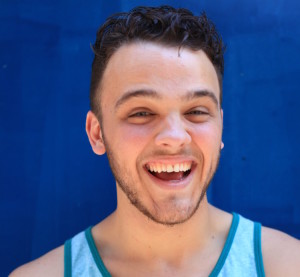


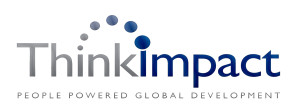
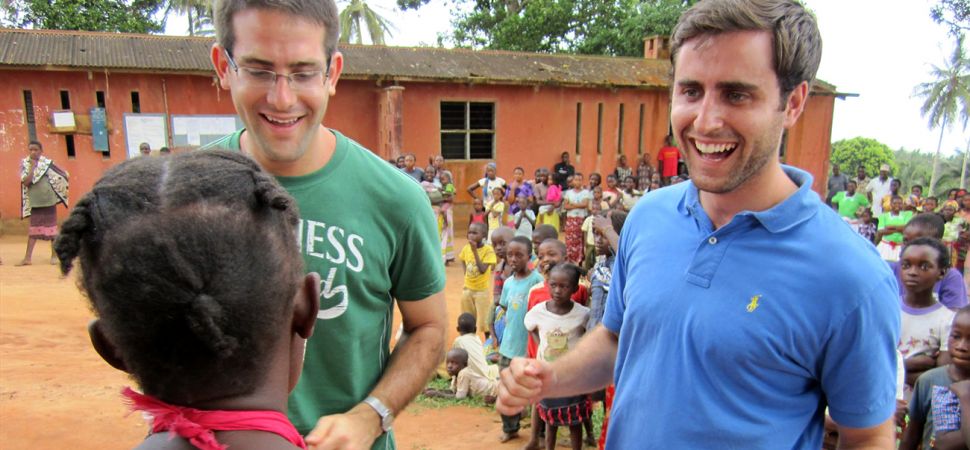
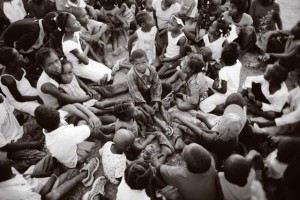
 Have you ever thought about what happens to that bar of soap you open at a hotel for your night’s stay? Shorter visits may only require you using less than a quarter of the bar, and before David Bishop thought about this conundrum the soap would be tossed out with the trash when housekeeping came around. The estimated one million bars of soap from hotels thrown away each day in the United States then become chemical waste in landfills. Bishop recognized this problem and connected it with another – child mortality rates.
Have you ever thought about what happens to that bar of soap you open at a hotel for your night’s stay? Shorter visits may only require you using less than a quarter of the bar, and before David Bishop thought about this conundrum the soap would be tossed out with the trash when housekeeping came around. The estimated one million bars of soap from hotels thrown away each day in the United States then become chemical waste in landfills. Bishop recognized this problem and connected it with another – child mortality rates.
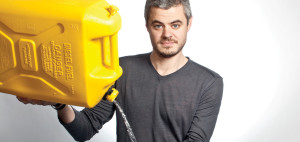
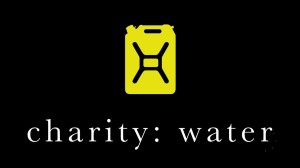 The Model
The Model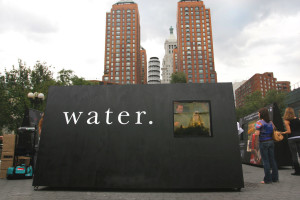 quality around the world, have been utilized by this organization. Said exhibit would be set up in different parks in New York City, to educate as well as fund-raise by selling $20 water bottles to support the organization.
quality around the world, have been utilized by this organization. Said exhibit would be set up in different parks in New York City, to educate as well as fund-raise by selling $20 water bottles to support the organization.
